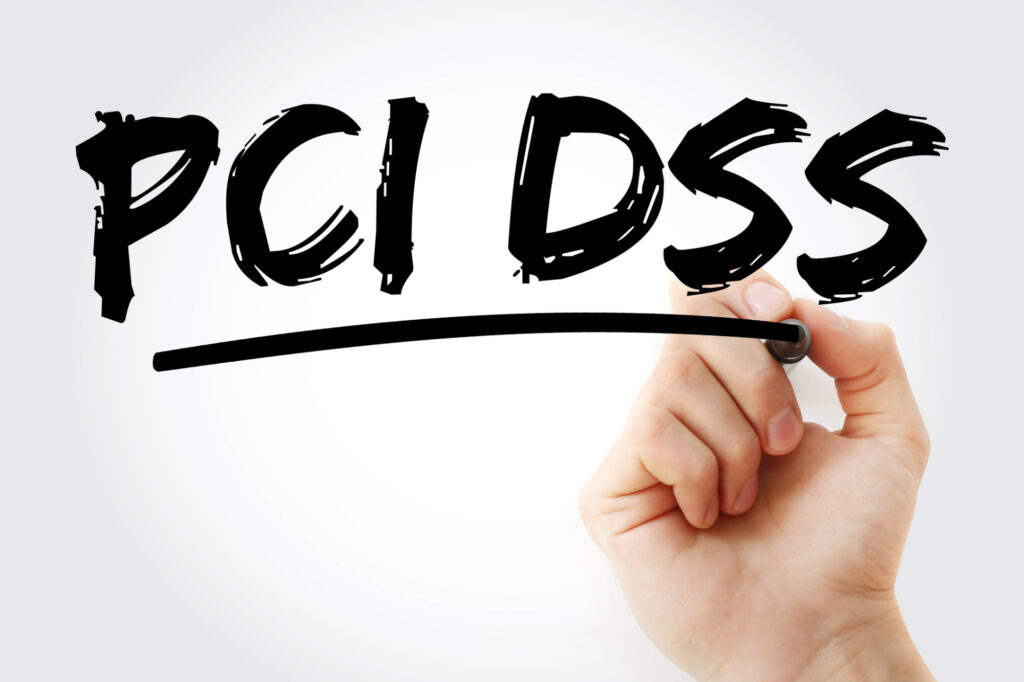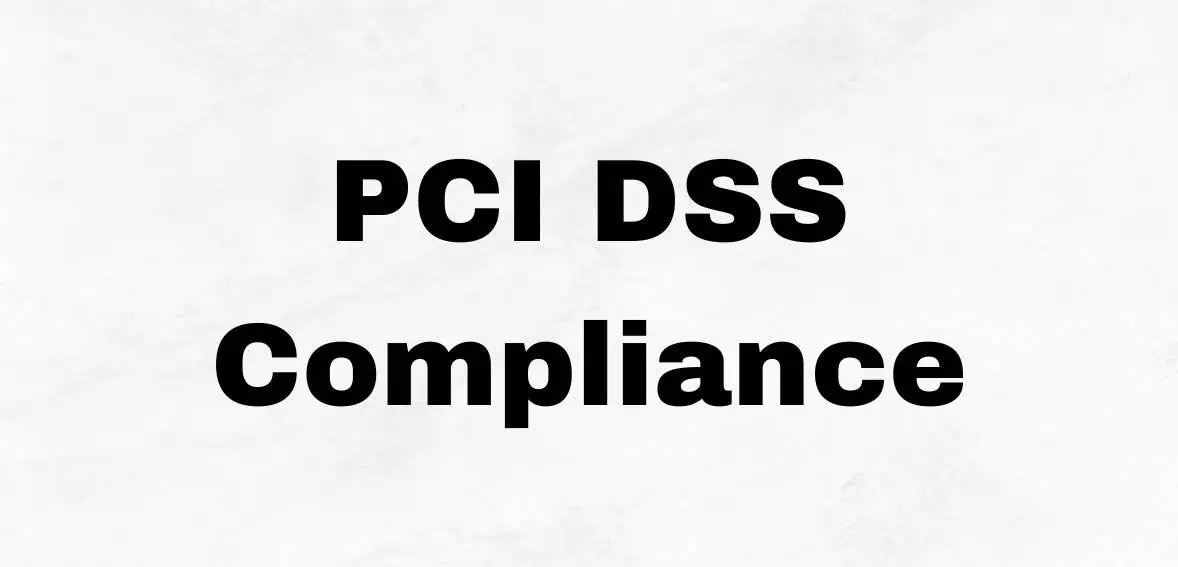The odds are you might have heard about PCI DSS compliance when looking at how you accept credit card payments. But what do these two acronyms mean?
The Payment Card Industry Data Security Standard is a series of requirements for companies that store and transfer credit card data must meet when accepting payments. The PCI DSS rules have been intact since 2006 and have support from all the prominent card payment brands.
The PCI DSS must work for all card efforts, including how businesses will collect data and process transactions. The goal is to ensure customer card data will not be stolen or otherwise compromised.
PCI DSS Compliance – General Protection

PCI DSS involves identifying how businesses handle credit card transactions and how they manage the data they gather. The PCI Standards Council will review various compliance standards and issue them to businesses aiming to handle their funds.
The PCI DSS rules focus on preventing hacking, fraud, and other threats. Many credit card networks experience data risks each day. These risks can be dramatic, as possible losses could be worth thousands or millions of dollars. They can also ruin anyone’s reputation.
The PCI DSS standards will help boost the industry’s standing and ease worries that customers have about credit cards. A business will protect all cardholders and ensure they can show responsibility when managing payments.
What Must a Business Do To Comply for PCI DSS?

PCI DSS does not have any risk assessment programs. Businesses are expected to meet the twelve requirements for being PCI-compliant. Businesses that cannot comply with these standards may experience non-compliance fees until they can fix their deficiencies.
The twelve standards for PCI compliance are:
- Firewall
A business must use a firewall system to prevent malicious parties from entering a network. The firewall must work for traffic coming both in and out of the system, which is necessary for managing all potential threats that may appear on the network.
- Password
All point-of-sale systems, routers, and other systems that handle card data must have unique passwords. Businesses are encouraged to change their passwords as necessary.
- Protection of Cardholder Data
The protection process can include data encryption and regular scanning efforts to confirm primary account numbers. The work also involves avoiding storing CVV data.
- Encryption
The encryption effort will feature cardholder data being protected when moving through many channels. The business must also ensure it never sends account data to unknown locations.
- Anti-Virus
Anti-virus programs are critical for operation. Anti-virus solutions require regular updates to ensure they can find new vulnerabilities.
- Software Updates
The anti-virus program isn’t the only thing that needs regular updates. Software programs often receive updates to fix possible operating issues and potential security flaws. A business must update all its programs to reduce any risks of those flaws being exploited.
- Restricting Data Access
All cardholder data must be restricted to the parties who need the content the most. PCI DSS rules require a business to document how it handles its data.
- Access IDs
All programs in your business can be accessible through unique identification rules. All parties in a field should have unique IDs with distinct passwords. Each access ID also needs proper credentials and permissions for where someone can go on a website.
- Restricting Physical Access
All physical devices that house cardholder data and other details for operation must also be restricted. Secure rooms and vaults are necessary. Businesses are also required to record all access instances in a log.
- Access Logs
Access logs include reviews on how people access sensitive info. All accounts are traced to see who reaches certain pieces of info.
- Vulnerability Reviews
Constant vulnerability reviews can help identify possible threats in a business, including cases where a program may stop operating as well as desired.
- Documentation
Proper documentation is also critical for PCI DSS compliance. All equipment inventories, access logs, and employee details require proper documentation to ensure everyone is on board and ready to serve.
What Does It Cost To Meet PCI DSS Compliance?

The cost to attain PCI DSS compliance will vary surrounding these points:
- Whatever software is necessary
- Any new pieces of hardware needed for work
- Training to get all employees on board
- Renting physical space for certain items
The costs can vary, but the increased trust that people will have over a compliant business will be worthwhile. Compliance also entails avoiding non-compliance fees.
Some merchant account providers may charge PCI compliance fees each month. But these charges aren’t the norm, as most entities will not produce any of these dues.
What Happens If You Don’t Comply?
The PCI DSS compliance standards can be daunting, but they are essential for all businesses to meet. Failing to meet PCI DSS rules can result in many consequences:
- Your customers’ data could be compromised, potentially harming your reputation.
- You will be liable for any losses that occur from data breaches or leaks. These losses could be unlimited in value.
- Customers may feel less willing to trust your business if you don’t meet compliance.
You won’t be breaking any specific laws if you don’t meet PCI compliance. But court precedent suggests that PCI compliance is mandatory, especially since the risks of not being compliant are significant and easily preventable.
PCI compliance will help reduce any possible losses or fees that occur if a breach does occur. The risk is minimal, and the potential for someone to steal enough data will be minimal. The business will also reduce its liability, as it shows it has done everything possible to confirm its ability to handle payments without risking possible losses in the work effort.
PCI DSS compliance will make a positive impact on all businesses that accept credit cards. Your business must meet the PCI DSS rules to ensure everyone’s data stays safe and secure from possible threats. Watch for how your business operates and that you know what you require when managing your PCI DSS compliance efforts.

